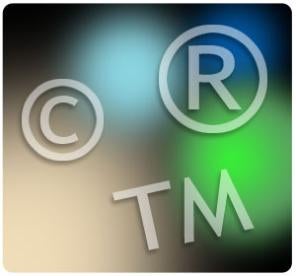The US Court of Appeals for the Federal Circuit recently found that consumer pronunciation of a uniquely coined trademark (one that is not a recognized word) is relevant in determining whether consumers are likely to confuse that trademark with another mark.
As background to the July 2014 decision (StonCor Group, Inc. v Specialty Coatings, Inc.), StonCor Group, Inc. owned a federal trademark registration for the mark STONSHIELD. When its competitor Specialty Coatings, Inc. filed a US Trademark Application for the mark ARMORSTONE, StonCor opposed the mark in the US Patent and Trademark Office’s Trademark Trial and Appeal Board (TTAB), seeking to prevent its registration based on, among other things, a likelihood of confusion between the ARMORSTONE mark and its STONSHIELD mark.
The TTAB dismissed StonCor’s opposition, finding no likelihood of confusion between the two marks.
In particular, the TTAB found that the two marks did not sound confusingly similar based on its own pronunciation of the STONSHIELD mark, noting that “according to the spelling of [the STONSHIELD] mark, the letter ‘o’ is pronounced as a short vowel sound as opposed to the long vowel sound.” Although StonCor’s counsel testified that the prefix in STONSHIELD is pronounced “stone,” and not “ston,” the TTAB gave little weight to this evidence because the mark was not spelled in a manner consistent with that pronunciation. The TTAB ruled that because the prefix of StonCor’s mark is pronounced “ston,” and the suffix in Specialty Coatings’ marks is pronounced “stone,” the marks sounded substantially different and no likelihood of confusion existed. StonCor appealed this decision to the Federal Circuit.
The Federal Circuit ruled that the TTAB erred when comparing the sound of the STONSHIELD and ARMORSTONE marks. According to the Federal Circuit, the TTAB should have given more weight to StonCor’s evidence that consumers pronounce the prefix in STONSHIELD as “stone,” and not “ston.” The Federal Circuit held that “there is no correct pronunciation of a trademark that is not a recognized word.” As a result, the TTAB should not have supplied its own pronunciation of StonCor’s mark while ignoring evidence of consumer pronunciation of the mark. Nonetheless, the Federal Circuit found that the TTAB’s error in its analysis was harmless, and affirmed the TTAB’s ruling that there was no likelihood of confusion between the two marks.
The decision in StonCor suggests that while brand owners are often encouraged to adopt uniquely coined terms as trademarks, such marks may not always be pronounced as a trademark owner would assume. As a result, in general and especially in any proceeding that might consider the sound of such a trademark—such as an opposition or lawsuit for trademark infringement—brand owners should consider and be ready to provide evidence of how consumers may pronounce their mark.





 i
i


